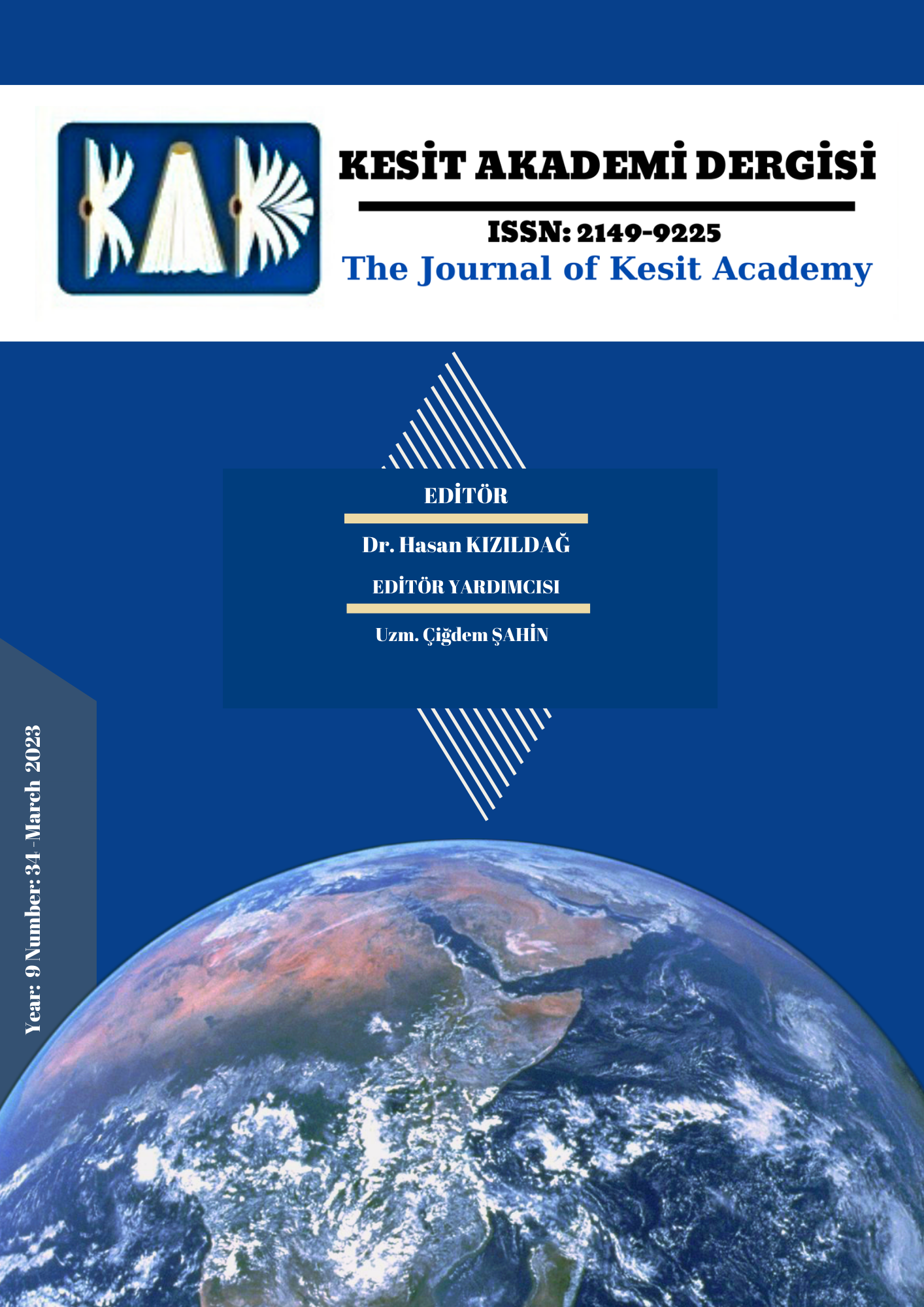Author :
Abstract
743 Sayılı Türk Kanunu Medenisi’nde, eşler arası hukuki işlemler 169. madde de düzenlenmekteydi. Mezkûr hükme göre, kadın eşin hukuki tasarrufta bulunabilmesi için sulh hukuk hakiminin onayı gerekmekteydi. Fakat 4721 Sayılı Medeni Kanun ile birlikte söz konusu hükmün yürürlükten kalkması ve eşler arasındaki hukuki işlemlerde işlem serbestisi prensibinin getirilmesi Türkiye’de kadın erkek eşitliğinin sağlanmasına yönelik atılmış çok önemli bir adım olmuştur. Türk Medeni Kanunu’nun 193. maddesinde düzenlenen eşlerin hukuki işlemleri başlıklı hükme göre “Kanunda aksine hüküm bulunmadıkça, eşlerden her biri diğeri ve üçüncü kişiler ile her türlü hukuki işlemi yapabilir” şekli ile hüküm tesis edilmiş bulunmaktadır. Bu maddenin 743 sayılı Türk Kanunu Medenisi’nde karşılığı bulunmamaktadır. 4721 Sayılı Türk Medeni Kanun’da getirilen düzenlemeye göre; kural olarak eşlerden her biri diğeri ile her türlü hukuki işlemi yapabileceği gibi, eşlerin her biri üçüncü kişiler ile de her türlü hukuki işlemi yapabilir. Bu durumda herhangi bir yetkili makamın onayı veya diğer eşin rızası şart değildir. Devamla TMK 194. maddesinde “aile konutu” başlığında düzenlenen hükme göre; “Eşlerden biri diğer eşin açık rızası bulunmadıkça aile konutu ile ilgili kira sözleşmesini fesh edemez, aile konutunu devredemez veya aile konutu üzerindeki hakları sınırlayamaz.” hükmü getirilmiş bulunmaktadır. Aile konutu ile ilgili işlemlerin, TMK 193. .maddesinde düzenlenen eşlerin hukuki işlem serbestilerinin istisnasını teşkil ettiğinden, “Eşlerden biri aile konutunun mülkiyeti kendisine ait olsa, aile konutu onun kişisel malı dahi olsa bu konutu diğer eşin açık rızası bulunmadıkça başkalarına devredemeyecek satış, satış vaadi, bağış, ölünceye kadar bakma sözleşmesi gibi akitler yapamayacak, aile konutu üzerinde hakları sınırlayan hukuki işlemlerde de bulunamayacak aile konutu üzerinde sınırlı ayni hak da tesis edemeyecektir.”
Keywords
Abstract
In the Civil Code of Turkish Law No. 743, legal transactions between spouses were regulated in Article 169. According to the aforementioned provision, the approval of the magistrate was required in order for the wife to make legal dispositions. However, with the Civil Code No. 4721, the abolition of the said provision and the introduction of the principle of freedom of action in legal transactions between spouses have been a very important step towards ensuring gender equality in Turkey. According to the provision titled legal transactions of spouses regulated in article 193 of the Turkish Civil Code, a provision has been established as “Each of the spouses can make all kinds of legal transactions with the other and third parties, unless there is a provision to the contrary in the law”. This article has no equivalent in the Turkish Civil Code No. 743. According to the regulation introduced in the Turkish Civil Code No. 4721; As a rule, each of the spouses can make all kinds of legal transactions with the other, and each of the spouses can make all kinds of legal transactions with third parties. In this case, the approval of any competent authority or the consent of the other spouse is not required. Continuing, according to the provision regulated under the title of “family residence” in Article 194 of the TMK; “One of the spouses cannot terminate the rental agreement regarding the family residence, transfer the family residence or limit the rights on the family residence without the express consent of the other spouse.” Since the transactions related to the family residence constitute the exception to the freedom of legal action of the spouses regulated in Article 193 of the TMK, “A sale, promise of sale that cannot be transferred to others without the express consent of the other spouse, even if one of the spouses owns the ownership of the family residence, even if the family residence is his/her personal property. It will not be able to make contracts such as donations, maintenance contracts until death, cannot take legal actions limiting the rights on the family residence, nor can it establish limited real rights on the family residence.”





